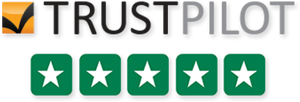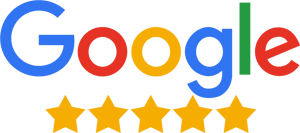Facebook Ads are built around the concept of user targeting. This means that you can choose who sees your ad, based on factors like gender, location, age, and interests. Once you’ve chosen the target audience for your ad, you can create compelling copy that should draw users in and convince them to click on it. After the ad has been created, you’ll need to set a budget for how much you want to spend each day on the campaign. Once it goes live, Facebook will show it to people who match your target audience criteria until your budget runs out.s



